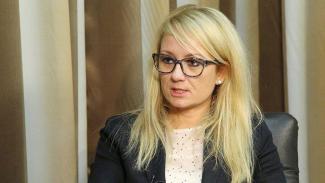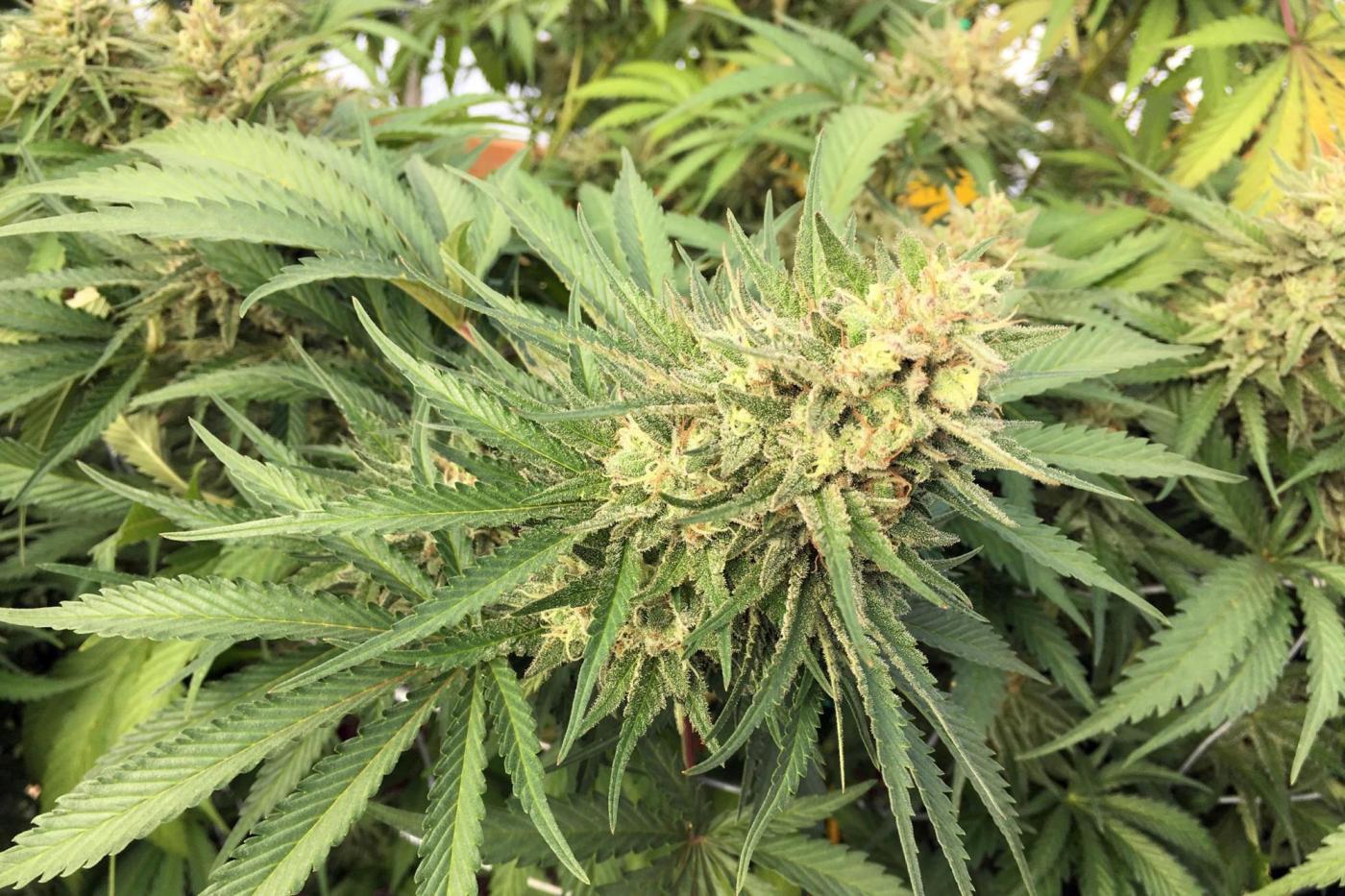‘For a country of just 38 million, Poland has one of the largest refugee populations in the world and dwindling resources with which to meet the challenge. This situation is quickly becoming dire…’
The Center for Geostrategic Studies (CGS) recently published a report analyzing the ongoing Ukrainian refugee crisis in Poland related to the conflict between Russia and Ukraine. According to data from the U.N. High Commissioner for Refugees (UNHCR), and the REACH initiative of the Geneva-based IMPACT association, more than 7.4 million Ukrainian refugees have been recorded across Europe. While over 1.4 million refugees registered for Temporary Protection in Poland as of October 17, 2022 – the highest number among all E.U. countries, including Germany.
“Poland is one of the countries suffering major consequences due to the conflict in Ukraine,” said Trifkovic. “Since the beginning of the Russian intervention in late February of this year, a large number of Ukrainians have gone to Poland to find safety there and escape the war. At first, most Polish citizens had great empathy for the Ukrainian refugees. But when the situation began to strain the system, those sentiments started to change.”
“Social assistance for refugees from Ukraine creates large expenses that put additional pressure on each country’s budget,” Trifkovic explained. “And many of the refugees are not ready to seek employment in the countries where they have taken refuge. According to surveys conducted in Poland by the U.N. High Commissioner for Refugees (UNHCR) and the REACH Initiative, as many as 64% of the Ukrainian refugee respondents declared that they plan to stay in Poland permanently.”
“It is easy to see the strain this has placed on Poland and other countries like Germany. And it’s causing dangerous friction between citizens and refugees. The Warsaw-based Center for Monitoring Racism and Xenophobia has recorded hundreds of reports of verbal and psychological attacks on Ukrainian refugees over the past few months. These include conflicts with neighbors, damage to cars with Ukrainian license plates, hate speech graffiti scrawled in public squares, and other indications of anger; in addition to the widespread official protests by Polish citizens who want the influx of refugees to stop. It’s already a powder keg situation just waiting for a spark.”
“We see a lot of big headlines about financial assistance from the West,” said Trifkovic. “But the truth is, most of that aid is in federal military spending and does not directly help the refugees that the conflict has created. Those expenses are all impacting Polish towns at the local level since the federal authorities reimburse the costs of accommodation but not the costs of health services and education. According to the projections of the Organization for Economic Co-operation and Development, Poland will spend €8.4 billion euros on supporting Ukrainian refugees in 2022. While Germany, also heavily impacted by this crisis, faces a total bill of around €6.8 billion, followed by the Czech Republic with around €1.96 billion. And Spain and Romania will likely have costs over €1 billion too.”
“Ultimately, this humanitarian crisis has turned into a complete financial and societal catastrophe for Poland and the E.U. And it is not going to be solved anytime soon.”
For a complete breakdown of other issues related to the refugee crisis in Poland and Germany, please access the full article https://geostrategy.rs/en/geopolitics/1213-dragana-trifkovic-ukrainian-refugees-are-no-longer-welcome-in-poland-and-germany. And for other important breaking global stories, along with expert opinions, follow Trifkovic on social media: LinkedIn, Instagram.
The Center for Geostrategic Studies is a nongovernmental organization founded in 2014 to conduct independent geopolitical and geostrategic analyses led by an international team of researchers and journalists. The Center’s experts have been closely following and reporting on a variety of world events in the international arena, including Russia’s military intervention in Ukraine, as well as NATO activities. Learn more at www.Geostrategy.rs/en/




